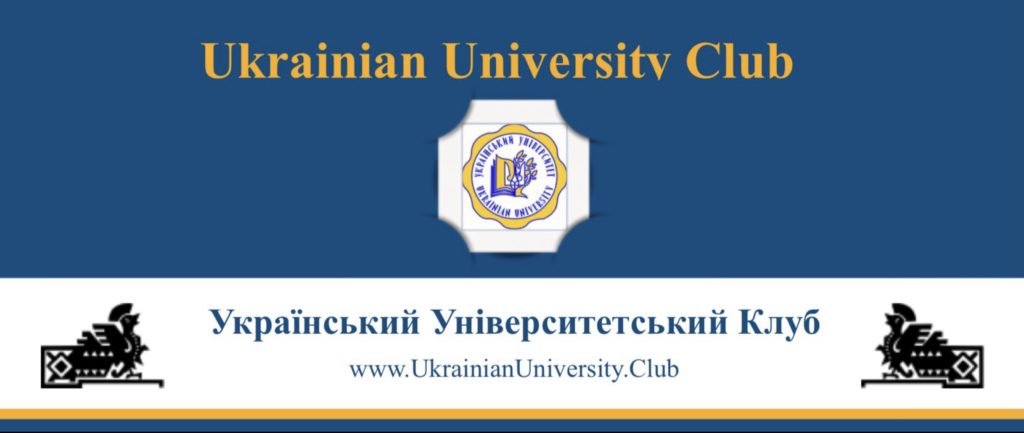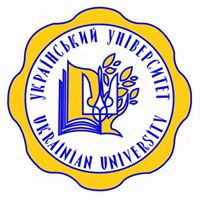
Ukrainian University Club Statement regarding the “Ukrainian history global initiative” project presentation
ХТО ПЛАТИТЬ, ТОЙ ЗАМОВЛЯЄ МУЗИКУ – Ukrainian University Club
The presentation of Viktor Pinchuk’s project “Ukrainian history global initiative” took place in London. A hundred historians and other specialists will write the global history of Ukraine at the oligarch’s expense. In this three-year project, Ukrainian and international colleagues will conduct dozens of independent studies, starting from the prehistory of Ukrainian lands and ending with the present.
The manifesto of this global initiative has been published. The goals and description of the project methodology can be found on the initiative’s website.
The Board of Directors of the project headed by Karl Bildt and the International Academic Advisory Board headed by Timothy Snyder, Serhii Plokhiy and Yaroslav Hrytsak were formed.
Brief information about the members of the Board of Directors and the Academic Council can be found on the mentioned website.
The intellectual elite of Ukraine, represented by academic and university historians, did not react to V. Pinchuk’s initiative. Only Volodymyr Viatrovych and Vakhtang Kipiani, who do not officially represent any solid institution or scientific school, responded on social networks. It is noteworthy that they both pointed out the toxicity of Pinchuk figure as the initiator of the project, taking place as generalists in the assessment of the project itself.
It is surprising that the toxicity of the initiator and sponsor of the project was not seen even by such self-sufficient personalities as Timothy Snyder and Serhii Plokhiy, who represent two leading universities not only in the USA, but also in the whole world. This is evidence that even these historians not only themselves bought into Pinchuk’s initiative, without thinking about the fact that it could damage their reputation.
A holistic, systemic and conceptual vision of ways to implement the idea of the project initiator Viktor Pinchuk was not demonstrated either on the project website or at the press conference.
T. Snyder talks about the need to highlight the emergence, development and manifestation of Ukrainians as a people in the modern world. S. Plokhiy talks about the importance of looking at Ukraine in its relations with the empires of which it was a part. The controversial Ya. Hrytsak limits himself to generalities.
The new generation researchers involved in the project manifested themselves at the press conference by bringing up situational and purely technical issues, demonstrating a complete lack of understanding and a marginal vision of the very idea of a global vision of the history of Ukraine.
The noble goal of shifting the world’s attention from the perception of Ukraine as a suburb to Ukraine as the center of European civilization is practically nullified by the complete ignoring of the urgency of debunking the Russian historical myth that dominates world history, and by the absolute misunderstanding of the nature of Russia’s war on Ukraine. S. Plohiy was useful only to mention the origins of this war.
One can only wonder what the famous historians from different countries involved in the project will write about Ukraine and Ukrainians, who so far have not shown interest in Ukraine, who do not know the Ukrainian language, the source base, who continue to perceive Ukraine and Ukrainians in the Russian historical myth coordinate system and who have no idea about the nature of Russia’s war against Ukraine.
In his chaotic speech at the press conference, V. Pinchuk, who allocated a huge amount of funds for the initiative, failed to explain the concept of his own initiative, but he assured that he would not interfere in the work of the academic council and the work of researchers in general. However, the very selection of well-known but incompetent participants to participate in the project indicates that they are unlikely to write a true Ukrainocentric history of Ukraine, but will definitely try to please their generous sponsor. The well-known rule: the one who pays, the one who orders the music, has not yet been overruled.
Ukrainian University Club
On Topic:
Ukrainian History Global Initiative
СПРИЙНЯТТЯ ІНІЦІАТИВИ ВІКТОРА ПІНЧУКА В УКРАЇНІ – Ukrainian University Club
RUSSIAN HISTORICAL MYTH & RUSSIA’S WAR IN UKRAINE – Ukrainian University | Український Університет
THE NATURE OF RUSSIA’S WAR ON UKRAINE IN BRIEF – УСІМ | UWIN
